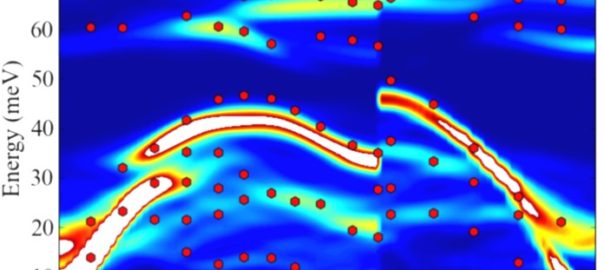Research
One vision
Combining the knowledge and resources of all six SEPnet universities to maximise their potential, it’s no surprise that our research initiatives are enjoying success in initiating collaboration, running workshops, strengthening interdisciplinary research links and gaining PhD studentships. Our primary research themes are incredibly diverse, and vary according to topic, construction and philosophy; they are listed first, while links to the even greater range of research in individual university groups are given below that.
Primary research themes
- Atomic & Condensed Matter – a successful collaboration between departments on the nature of matter and materials covering Metrology; Materials; Superconductivity; Photonics; Cold atoms and ions; Ion-trapping; Nano-technology and Materials; and Solid State Physics.
- Particle Physics – LHC Experiments – Higgs & Supersymmetry; Accelerator Physics; Phenomenology; Lattice QCD. The NExT Institute nurtures a strong collective programme of research and training.
- Astrophysics – spanning the Universe from planetary science to cosmology, and with strong regional, national and international roles in the LOFAR project. Coverage ranges across Cosmology and Evolution of the Universe; Dark Matter and Dark Energy; Galaxies and Active Galactic Nuclei; Stellar Formation and Evolution; Planetary Science (Exoplanets and Solar System); Nucleosynthesis; and Radio Astronomy.
- Data-Intensive Science – particle physics and astrophysics have been at the forefront of the application of modern computer analysis techniques, such as machine learning, to data-rich research problems, including those beyond the discipline boundaries
- Medical and Bio- Physics: Medical Imaging; Radiation Detection and Instrumentation.
- Theoretical Physics: String theory; Quantum Field Theory; Quantum Gravity; Materials.
- Atmospheric and Climate physics: Atmospheric dynamics; Air quality; Light scattering and radiative processes; Particle instruments & diagnostics; Microphysical processes
… but that’s not all; see the individual universities’ research group links below to find the full breadth of research taking place in SEPnet.
University research groups
The University of Hertfordshire
- Centre for Atmospheric and Instrumentation Research
- Centre for Astrophysics Research
- Mathematical and Theoretical Physics
- School of Physics, Astronomy and Mathematics
The University of Portsmouth
Queen Mary, University of London
- Astronomy Unit
- Centre for Research in String Theory
- Particle Physics Research Centre
- Molecular and Materials Physics Group
- Centre for Materials Research
- School of Physics and Astronomy
Royal Holloway, University of London
- Centre for Particle Physics
- John Adams Institute for Accelerator Science
- NExT Institute for Particle Physics Phenomenology
- London Low Temperature Laboratory
- Centre for Nanophysics & Nanotechnology
- Hubbard Theory Institute for Theory of Condensed Matter
- Department of Physics
The University of Southampton
- Astronomy
- Quantum, Light and Matter
- Space Environment Physics
- Theoretical Particle Physics
- Optoelectronics Research Centre
- Department of Physics and Astronomy
The University of Sussex
- Astronomy Centre
- Atomic, Molecular and Optical Physics
- Theoretical Particle Physics
- Experimental Particle Physics
- Materials Physics
- Department of Physics and Astronomy
PhD Programmes
For information on our Postgraduate Research programmes and PhD Scholarships please see here.
SEPnet Equipment
SEPnet universities host a diverse range of facilities for research and development. If you are looking for equipment as part of a research proposal then follow the links above to the relevant research areas or to the individual SEPnet university websites.

